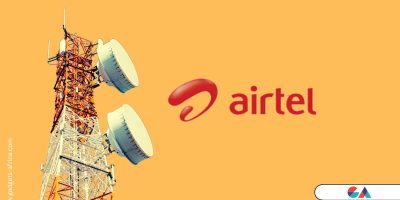We have all seen Airtel Kenya prominently advertise that using WhatsApp on their network is completely free as long as you have an active data bundle. Safaricom as well introduced a similar offering where, if you deplete your data bundle you can continue enjoying WhatsApp until the validity of the depleted bundle expires. Telkom Kenya is also on the free WhatsApp train as it offers up to 50MB free browsing on WhatsApp on their Freedom bundles.
All these offers seem like a noble course to entice customers to stay ahead of the competition but there’s more than meets the eyes. There’s a reason only WhatsApp gets this preferential treatment and it’s not just because it is the most popular messaging platform in the country.
Footing the bill…
For subscribers of Airtel, Telkom and Safaricom to access the free WhatsApp service, someone has to foot the bill and your guess is as good as mine, WhatsApp does. But is that it? WhatsApp just pays and you get free access. Actually no. It’s a mutually-beneficial agreement that sees both parties benefit and not only financially.
such an agreement brings up another issue, net neutrality
WhatsApp definitely wants more users onboard their platform and thus they are willing to do whatever it takes even if it means sending out cheques to telcos, but telcos also gain as they front the deal as an “independent offer” that subscribers can only get from them, thus, attracting more subscribers to use their service.
Net Neutrality
However, such an agreement brings up another issue, net neutrality. In India, zero-rating of services (what WhatsApp is doing with Kenyan telcos) has been banned as authorities fear that it goes against net neutrality. A similar discussion ensued in the UK when a telco, Virgin Media, introduced free WhatsApp as part of their mobile data package and this led to further deliberations as to whether such agreements actually violate net neutrality policies.
Net neutrality is simply a set of rules that state that internet service providers (ISPs) must treat all internet traffic equally without favouring one service over the other. So, does the zero-rating of a messaging service violate these rules?
there is no prioritisation of WhatsApp traffic
There are two ways to look at it; Telcos will tell you that free WhatsApp falls under promotional offers and thus does not violate net neutrality. As per response by Virgin Media’s spokesperson years back, “[Free WhatsApp] does not result in any blocking or throttling of content and there is no prioritisation of WhatsApp traffic…,” Alright, fair enough.
But don’t such offers actually discourage users from using competing services? For instance, if I am getting free WhatsApp access even after depleting my data bundle across a number of telcos, the unintended consequence is that a competing service like Telegram appears to be more expensive and I might just use it less often. Such an effect is real and dangerous.
A player with deep pockets like WhatsApp can easily afford to pay for such privileges and get in more users onto their platforms which comes out as anti-competitive as those without the capability to fork up cash, will struggle to compete with a service that is seemingly getting preferential treatment from telcos – at least in the eyes of the subscribers.
This is particularly concerning seeing that Kenya has no net neutrality policy, the closest we have gotten to that is the promotion of fair access policy by the Communications Authority of Kenya (CAK), which again, has never been formalised.




Comments